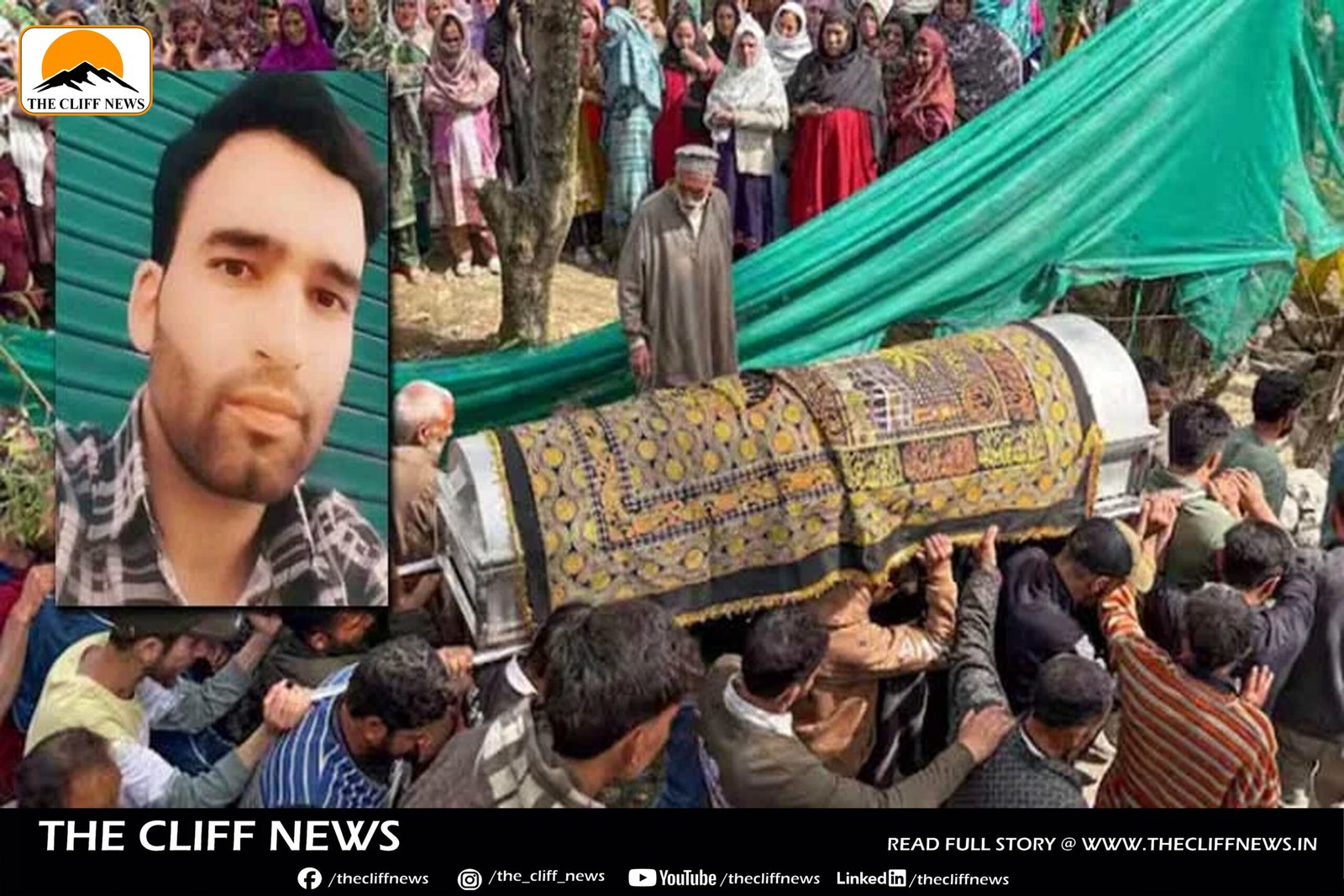First Latin American and Jesuit Pope Remembered for His Humble Leadership and Progressive Reforms
Historic Passing of a Global Spiritual Leader
The Vatican has announced the passing of Pope Francis at the age of 88, marking the end of a transformative 12-year papacy. The pontiff, who became the first Latin American and first Jesuit leader of the Roman Catholic Church, died at 7:35 AM after a prolonged illness. Cardinal Kevin Farrell, speaking on Vatican TV, stated, “At 7:35 this morning the Bishop of Rome, Francis, returned to the house of the Father.”
A Papacy Marked by Health Struggles and Determination
The Pope had faced numerous health scares throughout his tenure, including a recent and severe case of double pneumonia and kidney complications. Admitted to the hospital on February 14 for bronchitis, his condition worsened before stabilizing in late March. On March 23, he made a symbolic appearance from the hospital balcony, offering a thumbs-up to supporters. Despite visible weakness, he resumed limited duties, including greeting crowds on Easter Sunday and meeting with US Vice President JD Vance on April 19.
Final Resting Place Reflects Humility
Pope Francis will become the first pope in more than a century to be buried outside the Vatican. Honoring his personal wishes, he will be laid to rest at Santa Maria Maggiore Basilica in Rome. He also opted out of the traditional three-coffin burial custom, choosing instead a single coffin made of wood and zinc to reflect his pastoral humility.
A Reformist and Compassionate Leader
Born Jorge Mario Bergoglio in Argentina, Pope Francis was elected on March 13, 2013, at the age of 76. He assumed leadership during a time of crisis, with the Church under fire for clerical sex abuse scandals and bureaucratic infighting. Throughout his papacy, Francis focused on inclusivity, environmental advocacy, and social justice, while modernizing elements of the centuries-old institution.
Among his landmark initiatives:
- Reorganizing the Vatican bureaucracy
- Approving blessings for same-sex couples
- Appointing women to leadership roles in Vatican offices
- Advocating for migrants’ rights and environmental stewardship
- Holding major summits on contentious church teachings
Legacy of Complexity and Change
Francis’s papacy was not without controversy. He received criticism from both conservative factions, who felt he abandoned traditions, and progressives, who wished for bolder reforms. Nevertheless, he was seen by many as a bridge-builder, seeking to align the Church with the realities of the modern world.
Over 12 years, he:
- Wrote four major encyclicals (teaching documents)
- Visited over 65 countries in 47 foreign trips
- Canonized more than 900 saints
The World Mourns a Pope of the People
With his passing, the global Catholic community loses a beloved and accessible spiritual leader, one who championed a Church that is more merciful, just, and close to the marginalized. His legacy will continue to shape conversations on faith, compassion, and reform for years to come.



